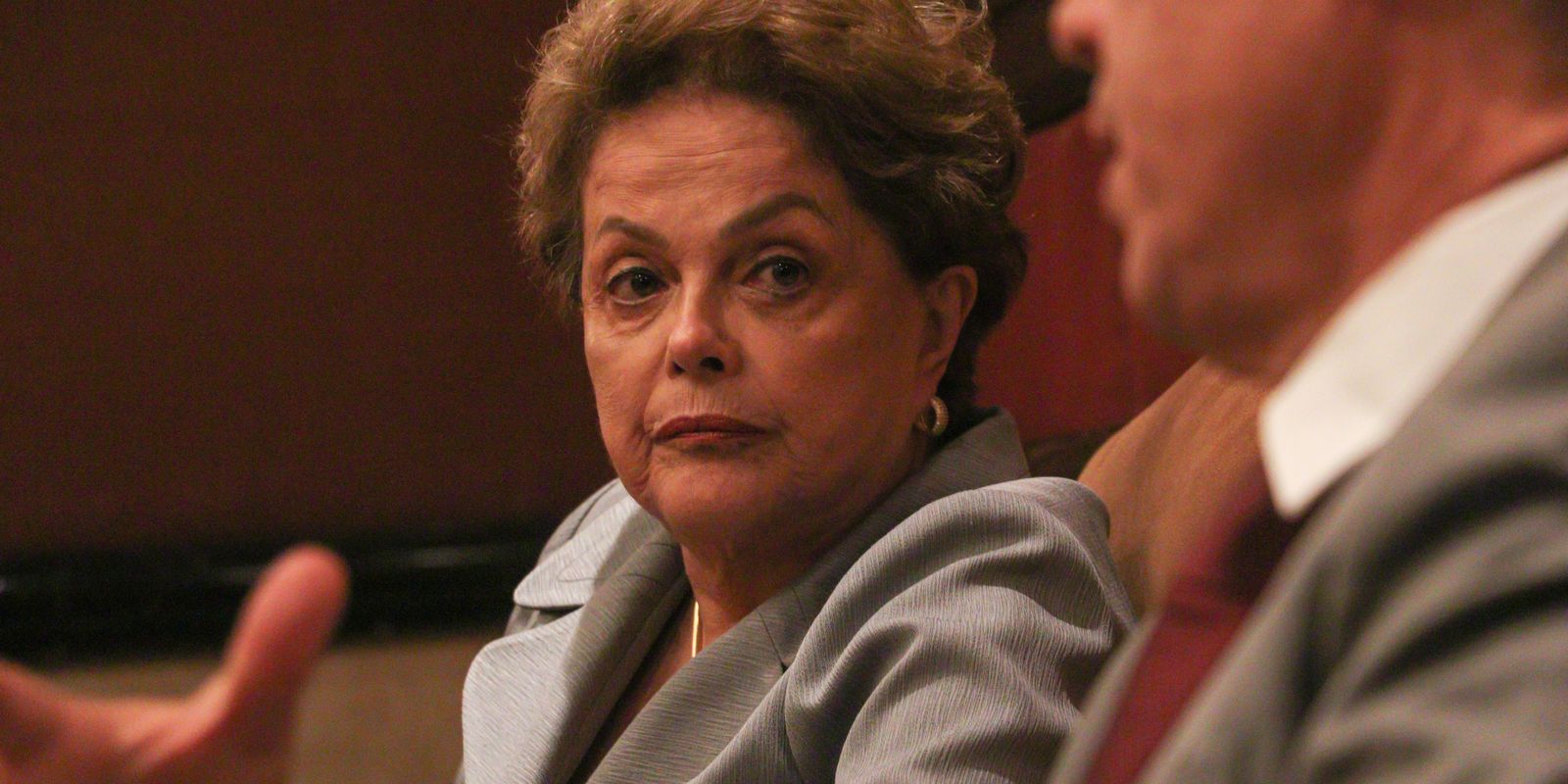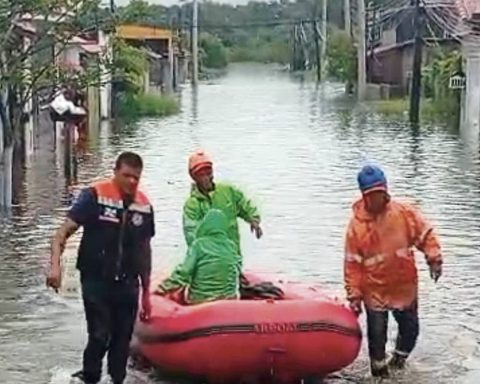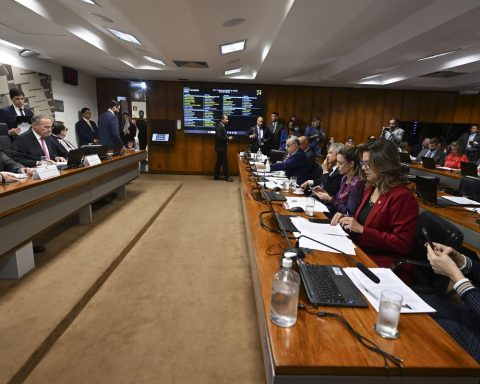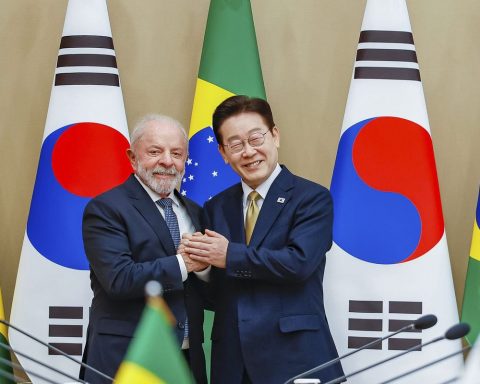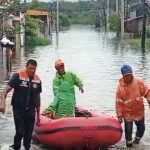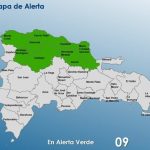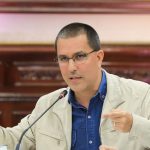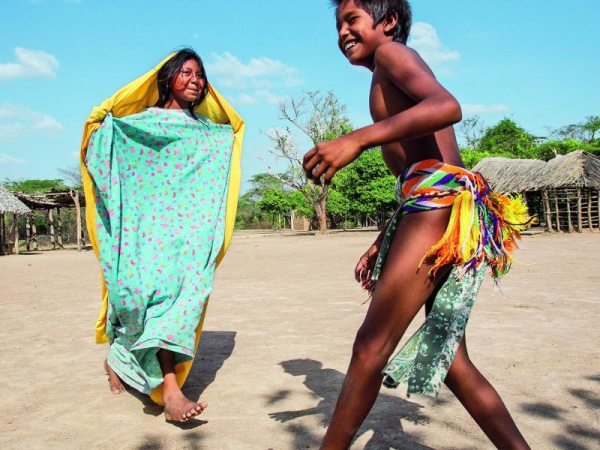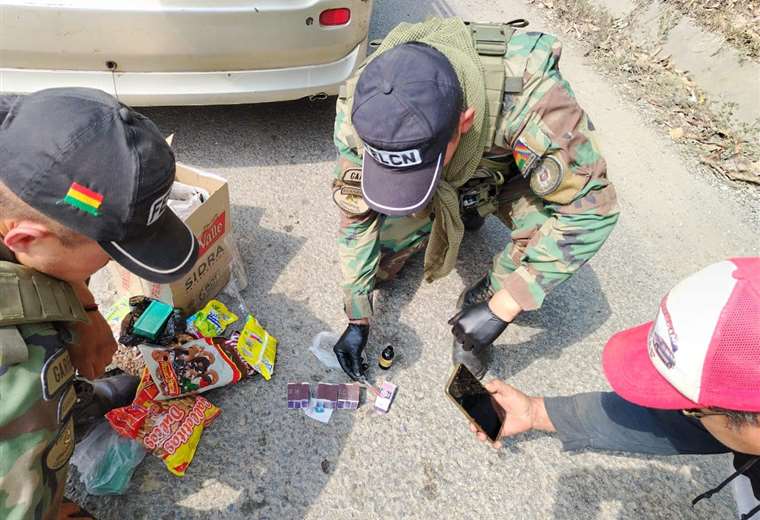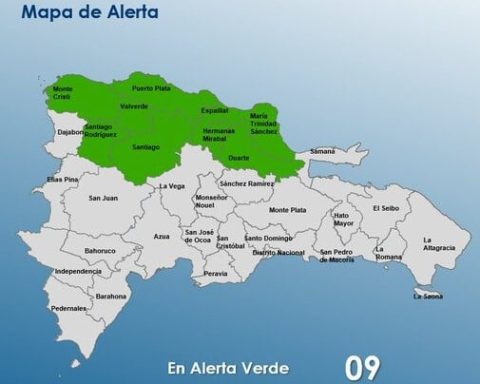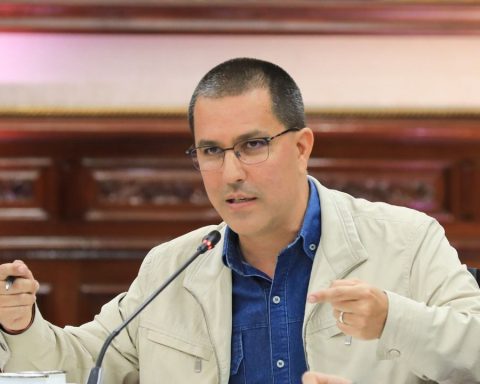The debt of rich countries is compromising the economic growth of less developed nations by reducing investment and hindering the fight against inequality. This is the assessment made by the president of the New Development Bank (NDB), Dilma Rousseff. She spoke this Friday (30) at the institution’s 9th annual conference in Cape Town, South Africa.
According to Dilma, a large part of the capital available in the financial market is loaned to advanced economies to issue public debt securities. According to the president of the NDB, this leaves countries in the Global South struggling to reduce poverty, combat inequality, invest in infrastructure and expand access to rights such as education, health and housing.
“According to World Bank estimates, the world’s ten developed economies have a combined debt of around US$87 trillion. Financing such high public debts consumes a significant portion of the enormous liquidity available in international markets. This liquidity could otherwise be channeled to finance the debt of developing countries and ensure the investments needed for sustainable development,” Dilma stressed.
With the predominance of financial flows to the richest countries, developing and underdeveloped economies, said the president of the NDB, have more difficulty in obtaining resources on the international market and in rolling over (renewing) their debts. This is because the reduced availability of resources is reflected in higher interest rates for non-rich countries.
“For developing countries, debt is becoming an excessive burden. As we know, fiscal space is essential to ensure that governments can simultaneously invest in development actions, combat climate change and achieve the Sustainable Development Goals. However, the debt of developing countries is growing too much and too fast,” Dilma stressed.
Suggestions
The NDB president presented two suggestions to increase the resources available to non-rich economies. The first is to channel international liquidity to developing countries and reduce the burden of high interest rates. The second is to develop alternatives, such as financing in local currencies unpegged to the dollar, to increase fiscal space for investment.
“New financial solutions are needed for emerging markets and developing countries. Diversifying financing sources and using a broader basket of currencies improves economic resilience against shocks associated with monetary policy decisions. This can strengthen the fiscal situation, enabling financing for logistics, social and digital infrastructure, housing, water and sanitation, education and health,” added Dilma. She promised to increase the volume of credit in local currencies to borrowing countries to up to 30%.
In her speech, Dilma stated that the NDB is setting up platforms geared towards sustainable development in local currency. Among the institution’s priorities, said the bank’s president, is the provision of green financing (credit for environmental and sustainable development projects) to member countries.
BRICS
Originally formed by Brazil, Russia, India, China and South Africa, BRICS gained the membership of five countries at the beginning of the year: Egypt, Ethiopia, Saudi Arabia, the United Arab Emirates and Iran, which form BRICS+. Founded in 2014 and in operation since 2016, the NDB finances infrastructure works and sustainability projects in emerging countries. The institution competes with other multilateral banks, such as the World Bank and the Inter-American Development Bank.
In 2021, the United Arab Emirates, Egypt and Bangladesh joined the NDB. The institution is currently working to gain more countries to join.
